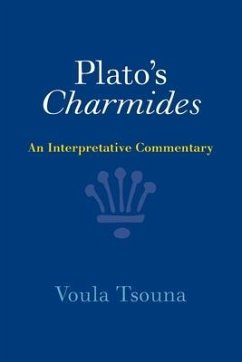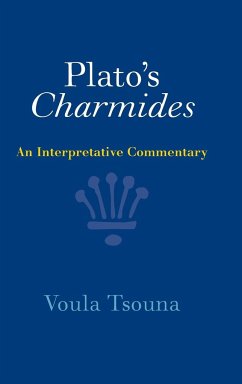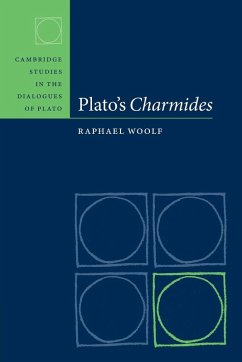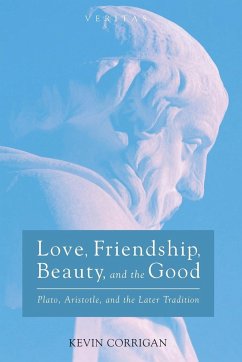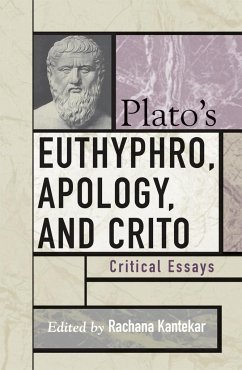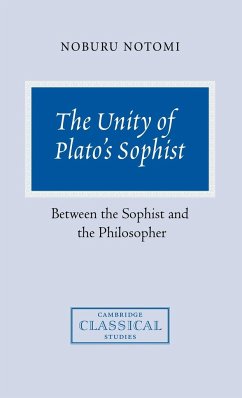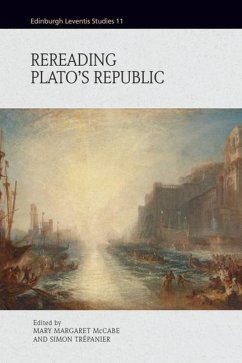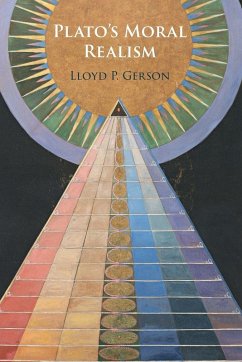
Wisdom and Beauty in Plato's Charmides
Versandkostenfrei!
Versandfertig in 1-2 Wochen
33,99 €
inkl. MwSt.
Weitere Ausgaben:

PAYBACK Punkte
17 °P sammeln!
Although wisdom and beauty are prized everywhere, in what exactly they consist is a matter of dispute that even has tragic political implications. As the traditional elites of fifth-century BCE Athens felt their social privileges being chipped away by democratic encroachments, they clung to their traditional belief that they--and they alone--were ""beautiful and good"" enough to rule. Plato's alternately comic and serious dialogue Charmides is set in this Athens and explores the nature of temperance (s¿phrosun¿: in eating, in drinking, in life in general). In this book,. Cohen-Taber uses the...
Although wisdom and beauty are prized everywhere, in what exactly they consist is a matter of dispute that even has tragic political implications. As the traditional elites of fifth-century BCE Athens felt their social privileges being chipped away by democratic encroachments, they clung to their traditional belief that they--and they alone--were ""beautiful and good"" enough to rule. Plato's alternately comic and serious dialogue Charmides is set in this Athens and explores the nature of temperance (s¿phrosun¿: in eating, in drinking, in life in general). In this book,. Cohen-Taber uses the dramatic structure of this dialogue to show how Socrates challenges the elitist views of his two interlocutors, revealing Plato's critiques of aristocrats' smug complacency about their supposed exclusive natural beauty and intellectual capacities (kalokagathia) that grant them the natural right to rule. Plato decided to write the dialogue because he saw this claim of superiority as continuously threatening to destabilize his polis. This leads Plato, Cohen-Taber argues, to suggest alternative, and more egalitarian, accounts of wisdom and beauty as the drama about s¿phrosun¿ unfolds. These accounts are thoroughly moral, and therefore open to people from any economic class.




